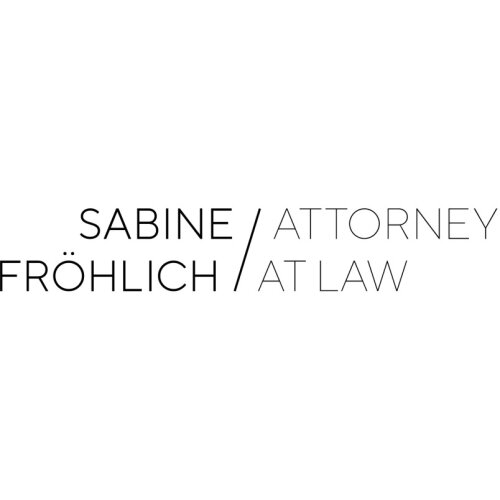Best Arrests & Searches Lawyers in Liechtenstein
Share your needs with us, get contacted by law firms.
Free. Takes 2 min.
Or refine your search by selecting a city:
List of the best lawyers in Liechtenstein
About Arrests & Searches Law in Liechtenstein
Arrests & Searches in Liechtenstein are governed by the Criminal Procedure Code. This law outlines the circumstances under which individuals can be arrested, the procedures for conducting searches, and the rights of individuals during these processes.
Why You May Need a Lawyer
You may need a lawyer in Liechtenstein if you are facing arrest, have been subjected to an illegal search, or if you believe your rights have been violated during an arrest or search. A lawyer can help protect your rights, provide legal advice, and represent you in court if necessary.
Local Laws Overview
In Liechtenstein, authorities must have a valid reason, such as suspicion of a crime, to arrest an individual. Searches can only be conducted with a warrant, except in certain emergency situations. Individuals have the right to legal representation during arrests and searches.
Frequently Asked Questions
1. When can the police arrest someone in Liechtenstein?
Police in Liechtenstein can arrest someone if there is a reasonable suspicion that the person has committed a crime.
2. Can the police search my home without a warrant?
In general, the police in Liechtenstein need a warrant to search a person's home. However, there are exceptions in emergency situations.
3. What are my rights during an arrest in Liechtenstein?
During an arrest in Liechtenstein, individuals have the right to remain silent, the right to legal representation, and the right to be informed of the reasons for their arrest.
4. Can I refuse a search in Liechtenstein?
In Liechtenstein, individuals have the right to refuse a search if the police do not have a warrant. However, in certain emergency situations, the police may conduct a search without a warrant.
5. How long can the police hold me after an arrest in Liechtenstein?
In Liechtenstein, the police can hold a person for up to 24 hours after an arrest before they must either release the individual or bring them before a judge.
6. Can I be arrested for a misdemeanor in Liechtenstein?
In Liechtenstein, individuals can be arrested for both felonies and misdemeanors, depending on the severity of the offense.
7. How can a lawyer help me during an arrest in Liechtenstein?
A lawyer can help protect your rights, provide legal advice, and represent you during questioning or court proceedings following an arrest in Liechtenstein.
8. Can I be arrested without being informed of the reasons for my arrest in Liechtenstein?
In Liechtenstein, individuals must be informed of the reasons for their arrest at the time of the arrest, unless doing so would jeopardize the investigation.
9. What should I do if I believe my rights were violated during an arrest in Liechtenstein?
If you believe your rights were violated during an arrest in Liechtenstein, you should contact a lawyer to discuss your options for seeking redress.
10. Can I be searched at the border in Liechtenstein?
In Liechtenstein, border authorities have the right to conduct searches of individuals and their belongings at the border to prevent illegal activities such as smuggling.
Additional Resources
If you need legal assistance in Arrests & Searches in Liechtenstein, we recommend reaching out to the Liechtenstein Bar Association or the Office of Justice for guidance and support.
Next Steps
If you require legal assistance in Arrests & Searches in Liechtenstein, it is essential to contact a qualified lawyer who can help protect your rights and provide you with the necessary legal advice and representation during these processes.
Lawzana helps you find the best lawyers and law firms in Liechtenstein through a curated and pre-screened list of qualified legal professionals. Our platform offers rankings and detailed profiles of attorneys and law firms, allowing you to compare based on practice areas, including Arrests & Searches, experience, and client feedback.
Each profile includes a description of the firm's areas of practice, client reviews, team members and partners, year of establishment, spoken languages, office locations, contact information, social media presence, and any published articles or resources. Most firms on our platform speak English and are experienced in both local and international legal matters.
Get a quote from top-rated law firms in Liechtenstein — quickly, securely, and without unnecessary hassle.
Disclaimer:
The information provided on this page is for general informational purposes only and does not constitute legal advice. While we strive to ensure the accuracy and relevance of the content, legal information may change over time, and interpretations of the law can vary. You should always consult with a qualified legal professional for advice specific to your situation.
We disclaim all liability for actions taken or not taken based on the content of this page. If you believe any information is incorrect or outdated, please contact us, and we will review and update it where appropriate.
Browse arrests & searches law firms by city in Liechtenstein
Refine your search by selecting a city.















